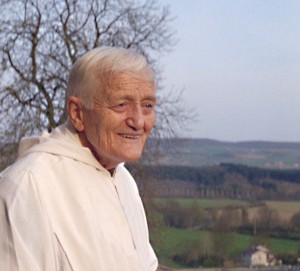 I’ve mentioned Chrissie Wellington on this blog before, but I think she deserves a mention in my ‘Profiles of Hope’ series. Chrissie is one of the outstanding athletes of our generation, comparable in her field of Ironman triathlon to Lance Armstrong in cycling or Michael Schumacher in motor racing.
I’ve mentioned Chrissie Wellington on this blog before, but I think she deserves a mention in my ‘Profiles of Hope’ series. Chrissie is one of the outstanding athletes of our generation, comparable in her field of Ironman triathlon to Lance Armstrong in cycling or Michael Schumacher in motor racing.
She has won the Ironman world championship four times, so far, and in fact has won every single iron-distance race she has ever entered. This fall her win in Kona came just two weeks after a serious bike crash that left her with major road rash and a torn pectoral muscle.
But Chrissie inspires me for more than just her athletic ability and determination. She spent several years working in international development before becoming a professional athlete, and even since turning pro she has frequently used her fame to draw attention to the under-privileged and those caught up in conflict.
“It is my passion, and has been for a long time. Poverty, conflict, violence, crime, exclusion and so forth are not givens. They happen for a reason. We have the power to change things. And sport is one vehicle for doing so. It has the power to build bridges, to empower, to teach, to heal – this is what triathlon and every other sport should be about. I hope that I – together with the rest of TeamTBB – can, in a small way, help to inspire people to take up sport, realise their own dreams and their full potential.”
– Chrissie Wellington, http://www.chrissiewellington.org/blog/world-ironman-championships-beyond-my-wildest-dreams/
